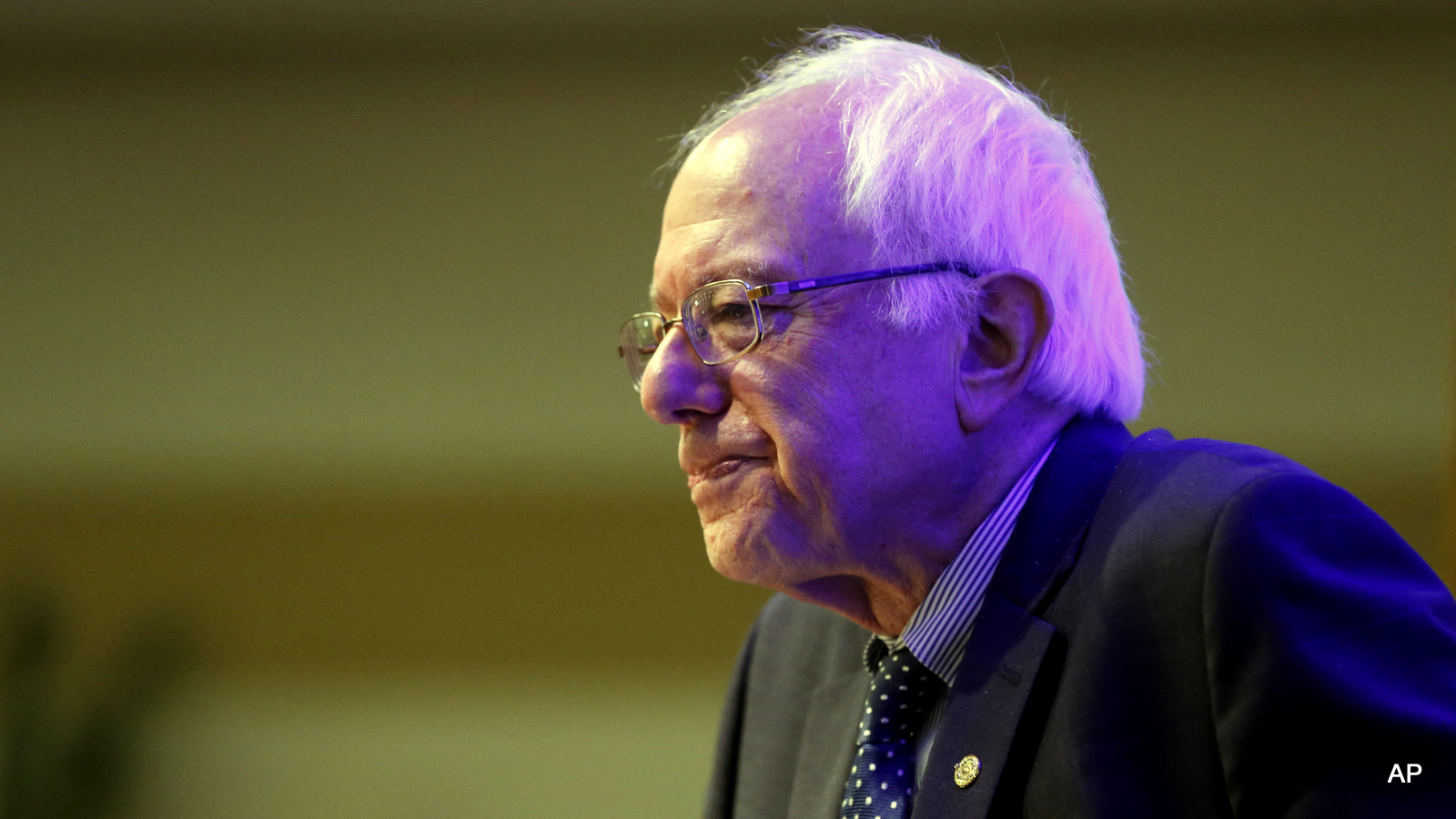
WASHINGTON — Like most modern presidential candidates, Bernie Sanders doesn’t talk much about foreign policy. Despite the dearth of his statements on the subject, Sanders has supported more military aid to Saudi Arabia because he claims, in opposition to available evidence, that the Saudi government is key to fighting ISIS.
In February, Sanders told CNN’s Wolf Blitzer that the battle against ISIS is “a battle for the soul of Islam” and urged more involvement from wealthy countries in the region, including the House of Saud. He expounded:
“[T]his war is a battle for the soul of Islam and it’s going to have to be the Muslim countries who are stepping up. These are billionaire families all over that region. They’ve got to get their hands dirty. They’ve got to get their troops on the ground. They’ve got to win that war with our support. We cannot be leading the effort.”
His stance remained unchanged despite a months-long, devastating Saudi-led campaign of bombing in Yemen that’s led to more than 1,000 dead children. While continuing to advocate against U.S. “boots on the ground,” and admitting that the U.S. had led to the destabilization in the region that directly spurred the rise of ISIS, Sanders told Blitzer in May that as one of the world’s biggest military spenders Saudi Arabia is “going to have to get their hands dirty in this fight. … [W]e should support those countries taking on ISIS.”
In an essay re-published Thursday by TruthDig, Sam Husseini, communications director for the Institute for Public Accuracy, questioned this unflagging support for a despotic regime:
“Why should a U.S. progressive be calling for more intervention by the Saudi monarchy? Really, we want Saudi troops in Syria and Iraq and Libya and who knows where else? You’d think that perhaps someone like Sanders would say that we have to break our decades-long backing of the corrupt Saudi regime—but no, he wants to dramatically accelerate it.”
Husseini also noted that Blitzer is openly supportive of Israel’s wars, so Sanders’ choice to appear on his show to voice support makes strategic sense, given the growing alliance between Saudi Arabia and Israel.
Sanders, too, has supported Israel’s occupation of Palestine and, despite the hopes of many of his fans, his voting record does not support his apparently antiwar stance. And his statements ignore the ways that Saudi money and the Saudi philosophy of Wahhabism have been key to the success of ISIS.
Writing earlier this month in MyMPN, the MintPress News blog, Dennis Riches argued that Sanders, like nearly all major presidential candidates for the last 50 years, avoids foreign policy topics because he doesn’t want to draw attention to the massive, profitable military-industrial complex.
Although Sanders claims to seek a more democratic government and hopes to remove the influence of money from politics, Riches said he avoids talking much about this complex topic because doing so would involve admitting how much the U.S. national economy depends on a massive military and endless foreign wars.
“Doing the right thing would require a complete abdication of America’s self-assigned role as master of the global order, and this would also entail a re-imagining of the domestic economy,” Riches noted.

